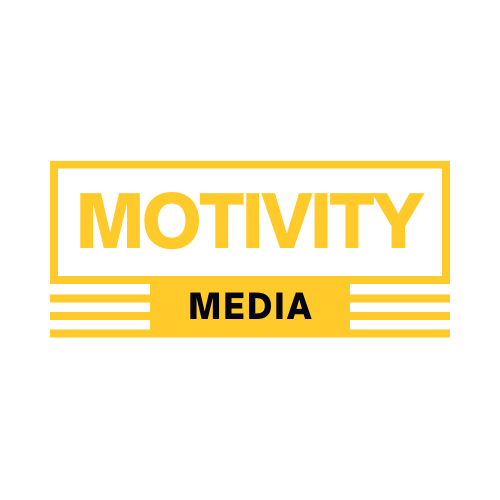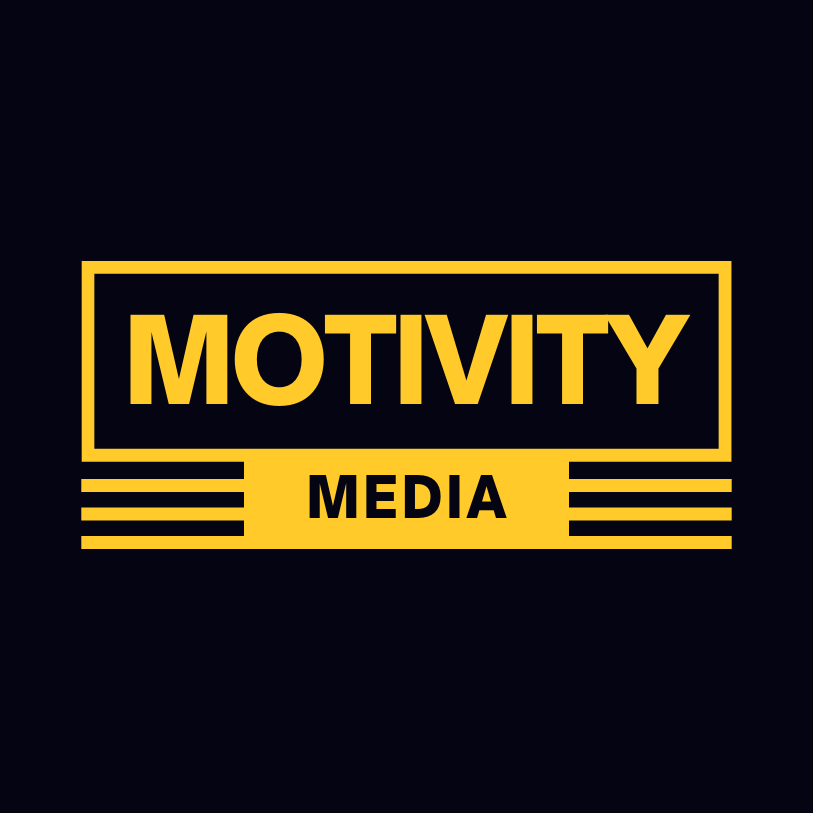Managing the Zeigarnik Effect
for Organizational Efficiency
Have you ever been haunted by unfinished tasks, their shadows looming large even while immersed in other matters? This mental phenomenon, called the Zeigarnik Effect, thrives on incompleteness.
Psychologist Bluma Zeigarnik observed in the 1920s that waiters remembered incomplete orders better than finished ones. This tendency, ingrained in our cognitive system, can be both a boon and a burden, especially in an organizational setting.
The Zeigarnik Effect in Action:
Imagine a team tackling a complex project. As deadlines loom, the pressure intensifies, and the Zeigarnik effect kicks in. Incomplete tasks cling to our minds, demanding attention while hindering focus on the present work. This internal tug-of-war drains productivity, hampers collaboration, and breeds inefficiency.
Organizational Pitfalls:
Decreased Focus: Unfinished tasks act like cognitive barnacles, hindering deep focus on current projects. The constant mental reminders disrupt productivity and lead to errors.
Project Delays: The urge to revisit unfinished tasks can derail project timelines. Team members may jump between tasks, hindering progress and impacting deadlines.
Reduced Morale: Unfinished tasks become mental baggage, weighing down individual and team morale. The constant feeling of incompleteness can stifle motivation and creativity.
Communication Mishaps: The Zeigarnik effect can lead to miscommunication. With unfinished tasks on their minds, individuals may not effectively convey updates or progress, leading to misunderstandings and delays.
Conquering the To-Do Terror:
Here are some strategies to harness the Zeigarnik effect for organizational effectiveness:
Chunking and Prioritization: Break down large projects into smaller, manageable tasks. Prioritize these tasks based on urgency and importance to avoid feeling overwhelmed.
Completion Rituals: Celebrate completed tasks, no matter how small. Crossing off items on a list or visualizing completion can signal closure and release mental resources.
Planning and Delegation: Clearly define project goals and timelines. Delegate tasks effectively to ensure accountability and prevent individuals from feeling overloaded.
Communication Channels: Establish clear communication channels to update progress and address concerns regularly. This reduces cognitive load and prevents misinterpretations.
Reward Systems: Implement reward systems for achieving milestones and completing tasks. This incentivizes completion and boosts morale.
Mindfulness Practices: Encourage mindfulness practices like meditation and prayer to help team members manage stress and focus on the present moment.
Incomplete tasks should also be captured somewhere for later actions. Productivity expert David Allen (we highly recommend his book Getting Things Done) cautions that our brain was created for thinking, not storing.
When we leave incomplete tasks to rattle around in our memory, we suboptimize brain performance. Instead, get the clutter out and make room for critical thinking. Capture the action items on paper or an app. But don’t leave them to memory. Free your thinking by casting those incomplete items to a more accommodating list of future action items.
By understanding and managing the Zeigarnik Effect, organizations can transform it from a productivity-sapping force into a motivational tool. By implementing these strategies, teams can work with laser focus, easily achieve deadlines, and celebrate success together, paving the way for organizational excellence.
Remember, taming the to-do tyrant requires awareness, planning, and collaborative effort. With the right tools and techniques, the Zeigarnik effect can be harnessed to fuel organizational success, not stall it.

